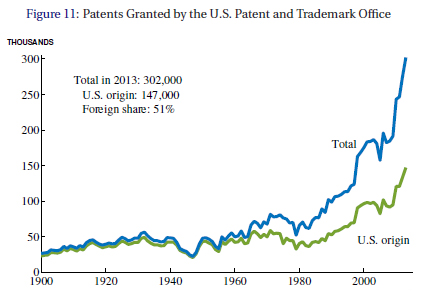David Dayen says the antitrust elements of Hillary Clinton’s economic speech yesterday were “really great.” Her website contains the policy specifics, so let’s look:
As President, she will work to promote competition and take on abuses of market power, by taking action through government at every level, and rewarding innovation and entrepreneurship in the private sector.
Appoint strong leadership at our antitrust agencies. Strong enforcement officials…increase the resources and staffing…building up jurisprudence that supports strong enforcement.
Aggressively enforce and strengthen merger reviews as well as our antitrust laws and guidelines. Make sure that mergers and acquisitions do not excessively concentrate market power.
Prevent the inappropriate exploitation of excessive market power where it already exists. When large firms abuse their power by excluding potential rivals or stifling entrepreneurship, innovation, and free competition, those abuses undermine consumers, businesses, workers, and our economy as a whole.
Ensure post-merger retrospective reviews, and transparency. Empower the antitrust agencies to conduct post-merger monitoring…regular, thorough study and data collection on market concentration and its impact.
I’d like to hear a little more about how Clinton wants to “strengthen” antitrust laws, even though I understand that a Republican Congress will never pass anything that might truly help small businesses at the expense of big businesses. Still, I suppose there’s a chance of getting something done. The increasing concentration  of market power in three or four mega-corporations has hit more and more business sectors over the past couple of decades, and even conservatives ought to be getting a little worried about it. And that’s to say nothing of a corporate-endorsed agenda that encourages the expansion of patent protection, regulatory barriers, and legal thickets that make it ever harder for small companies to compete. If we want America to remain a wellspring of entrepreneurism, we’d be well advised to take all of this stuff more seriously.
of market power in three or four mega-corporations has hit more and more business sectors over the past couple of decades, and even conservatives ought to be getting a little worried about it. And that’s to say nothing of a corporate-endorsed agenda that encourages the expansion of patent protection, regulatory barriers, and legal thickets that make it ever harder for small companies to compete. If we want America to remain a wellspring of entrepreneurism, we’d be well advised to take all of this stuff more seriously.













